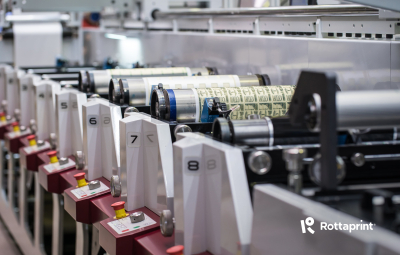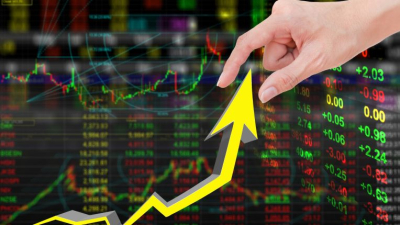During the same period, 55% of acquisitions in Romania were by international investors. Foreign capital invested in Romania in H1 2008 totalled 2.8 billion euros, with the lion’s share of the deals involving less than 40million euros.
Whilst the Romanian M&A market has been active and continues to grow, it does have some specific risks: political risks, affecting privatisation and major infrastructure projects and currency risks”, Charles Simpson stated.
As he noted, Romania’s key-sectors are energy, financial services, banking, pharmaceuticals, automotive and telecom & internet.
Trends in Emerging Market M&A
The number of Western firms buying into emerging markets, generally, has fallen by 37% during 2008 in contrast with second half 2008 when emerging markets buyers accounted for 47% of all deals, according to the “Emerging Markets International Acquisition Tracker” research.
But deals are, not surprisingly, down generally but this is due to the lack of available credit, rather than a fall-off in the appeal of emerging markets opportunities.
The biggest emerging markets investor is India with 38% of transactions over the last 5 years, followed by Russia (11%), Eastern Europe (11%) and China (10%). US followed by the UK are the largest Western investors into emerging markets.
Key points on investing in emerging markets
Emerging markets pose a wide range of risks and characteristics under review by any potential investor.
Therefore, monitoring political and economic changes, understanding strategy and reasons for investment, risk profile of investment and market as well as due diligence are essential in any decision-making process.
“You need to establish some market entry tactics. Early movers might get the opportunity, but will also bear the risk. Adopting patience may be a more fruitful approach. It is very important to know what the business is worth”, Charles Simpson added.
The background to the next year is likely to be one of continued recession, pressure on employment and output, changes of Government, pressure on exchange and interest rates and more regulation, as he commented.
These factors will severely impact on corporate profitability, business valuations and ability to do deals.
M&A Market in UK and US
By second half 2008 deal volumes were falling sharply. The collapse of Lehman’s saw UK M & A activity fall by 47% in H2 compared with H1.
Ironically, overall deal value increased, due to the Government bailout of the banks (the first injection into RBS was 15 billion pounds), but excluding these capitals, the value fell sharply.
The last quarter of 2008 saw a massive drop in deal value, to the lowest level for over 13 years, and less than one fifth of the previous quarter.
2008 was as challenging in the US as elsewhere, with the lack of available credit being the biggest issue. The value of announced transactions in 2008 fell by over 37% to 1,080 billion dollars while deal volume fell by over 22%, Nexia’s specialist explained.
“President Obama’s election and the subsequent announcement of his stimulus plan have yet to demonstrate a real positive impact, but certainly the incentives are in place for more private equity investments in larger infrastructure projects and in public/private partnerships”, Simpson added.
One positive aspect of weak valuations and more distressed businesses is the opportunity these present for cash rich acquirers, so looking at which sectors might start to be more active in the US market, the most recommended sectors are financial services where players need to consolidate their capital base, energy where valuations have come down and may drive deals, automotive where is less activity, but more restructuring, healthcare technology and retail.
Citeste si:
Calculator Salariu: Află câți bani primești în mână în funcție de salariul brut »
Te-ar putea interesa și:



















































































![HR [PLAY] Tech Workout - 11...](https://www.wall-street.ro/image_thumbs/thumbs/973/973fe0a3888d417feff63de42e814180-260x260-00-65.jpg?v=1713286718)









